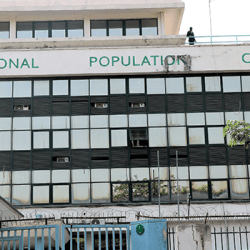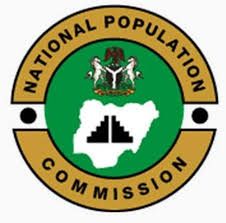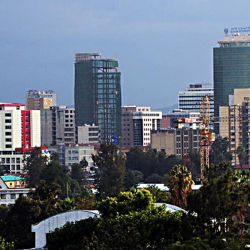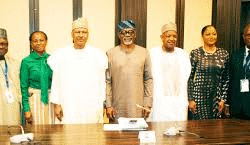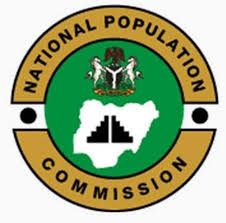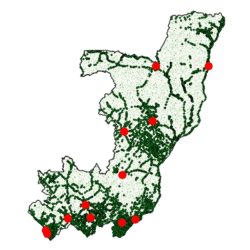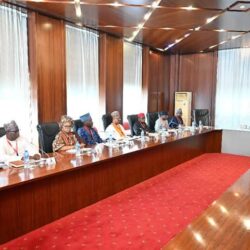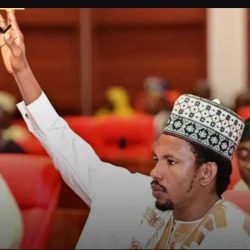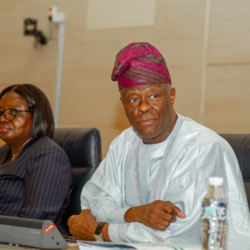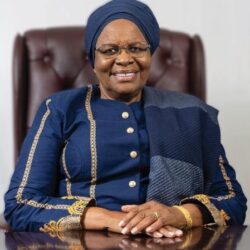The National Population Commission (NPC) of Nigeria has announced plans to conduct a nationwide Population and Housing Census in 2025. This will mark the country’s next census after 2006, nearly two decades ago, breaking the United Nations’ recommendation for countries to conduct population counts every ten years.
The announcement was made by the NPC Chairman, Nasir Kwarra, during the 2024 anniversary of the Nairobi Summit on the International Conference on Population and Development held in Abuja.
Reasons for the Delay
The NPC Chairman highlighted that the delay in conducting the census has significantly impacted decision-making, resource allocation, and development planning. While a census was initially slated for 2023, it was postponed under the administration of former President Muhammadu Buhari to allow the incoming government to take full ownership of the process. Kwarra emphasized that timely and reliable census data is critical for addressing pressing developmental issues, especially in underserved rural areas.
Government’s Commitment and Objectives
Kwarra assured attendees that the government is fully committed to conducting the 2025 census. The primary objectives include:
- Advancing Sexual and Reproductive Health Rights
Accurate population data is necessary to improve health outcomes and ensure equitable access to sexual and reproductive health services. - Addressing Gender-Based Violence
Reliable data is crucial for tackling gender-based violence and promoting the safety and rights of women and girls. - Resource Allocation and Inclusivity
The census will provide the government with a clearer understanding of population distribution, enabling better resource allocation and fostering inclusivity across all demographics.
Challenges of Census Delays
The delay has led to numerous challenges, including:
- Inadequate data for healthcare and education planning.
- Limitations in addressing social and economic inequalities.
- Missed opportunities to progress on gender equity and human rights issues.
Advocacy and Stakeholder Involvement
In addition to the government’s commitment, Toyin Saraki, founder of the Wellbeing Foundation Africa, reiterated the need for a multi-sector approach to ensure the success of the census and related development agendas. Saraki called for collaboration among private, philanthropic, and public sectors to accelerate progress.

The planned 2025 census is a significant step for Nigeria, with the potential to address longstanding developmental issues and improve decision-making across sectors. The initiative will also serve as a tool for fostering equality and inclusivity, particularly for marginalized populations such as women and youth.
By addressing these challenges head-on, Nigeria aims to create a more informed and equitable society where everyone has the opportunity to thrive.
